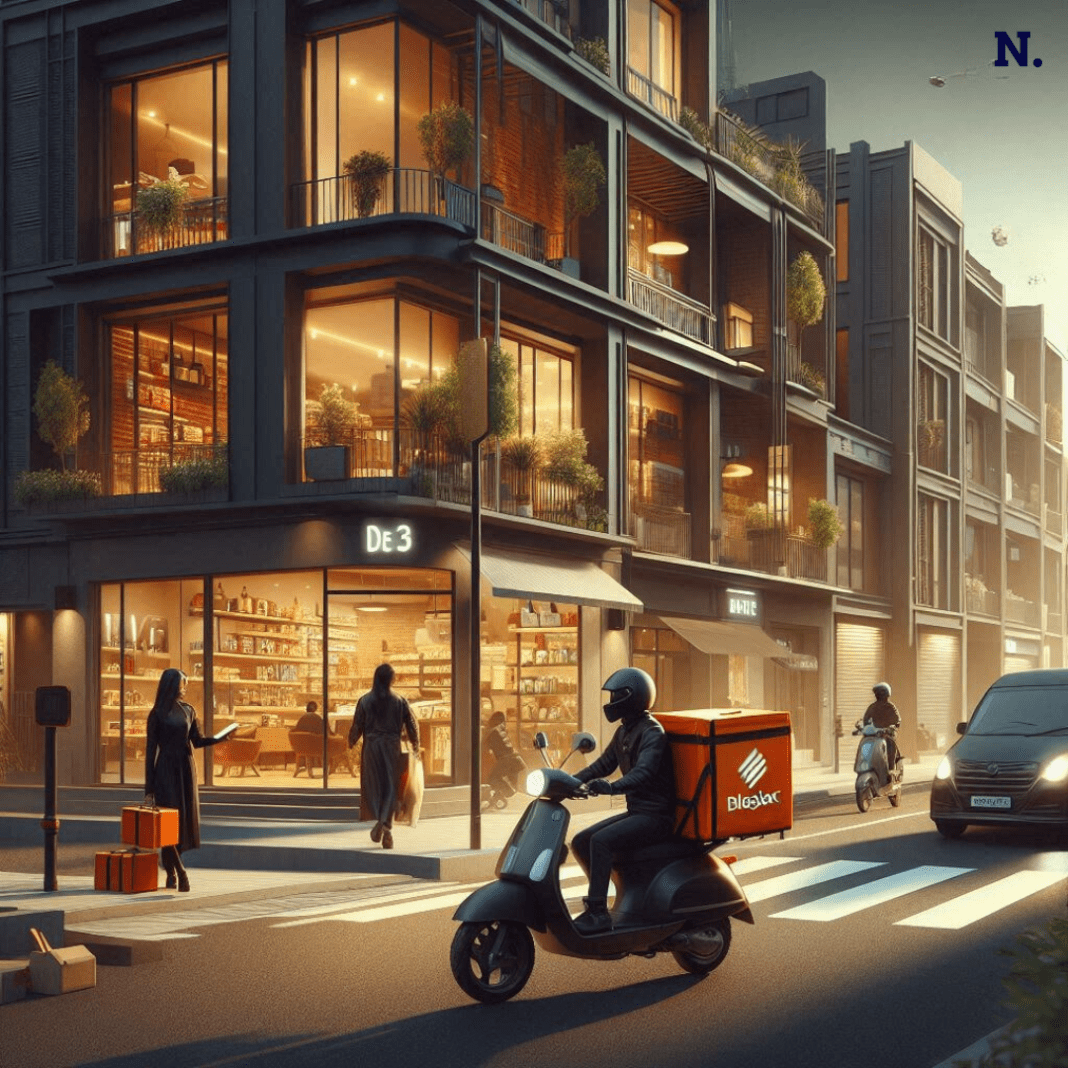Economics of Quick Commerce in India
Quick commerce, which delivers groceries and daily essentials in just minutes, has become an integral part of urban life in India. This sector of the economy is expanding quickly and is no longer a novelty. Its market value is expected to increase to between ₹42 and ₹55 billion by 2030. Startups and established players alike are diving headfirst into this competitive space to secure a share of the booming market.
Among the top contenders, Blinkit leads the race with 791 dark stores, closely followed by Swiggy Instamart, operating 605 stores, and Zepto with 500. These dark stores are small, strategically located warehouses that help companies fulfill orders quickly, usually within a radius of 2–3 kilometers.
Fascinatingly, the growth of rapid commerce is disrupting traditional retail, with these platforms expected to divert around ₹1 billion worth of business from local kirana stores in 2024. However, amidst this growth, the industry is grappling with a critical question: Can quick commerce sustain itself in the long run while balancing the needs of both businesses and delivery workers?
The Delivery Workforce and Their Improved Prospects
Delivery workers in the quick commerce sector have experienced a notable improvement in their earnings compared to their counterparts in food delivery. Recent data shows that quick commerce delivery partners earn an average of ₹21,402 per month, higher than the ₹18,595 earned by food delivery workers. This increase is largely due to higher productivity in quick commerce.
On average, quick commerce workers complete 533 orders a month, significantly more than the 411 orders handled by food delivery workers. This 30% boost in productivity stems from the operational model of quick commerce. Unlike food delivery, which involves picking up orders from various restaurants scattered across 5–7 kilometers, quick commerce operates from centralized dark stores that serve multiple customers within a 2–3 kilometer radius.
This localized approach allows workers to deliver more orders in less time, resulting in higher earnings. Additionally, the shorter distances translate to lower fuel costs, making the job more cost-effective for delivery partners. While food delivery orders typically take 30–40 minutes to complete due to longer routes, quick commerce ensures that groceries reach customers in just 10–15 minutes, increasing the volume of deliveries per hour.
The Economics of Running Quick Commerce Companies
While delivery workers see benefits, companies face significant challenges in making quick commerce a sustainable business model. Setting up and operating dark stores is expensive, and achieving profitability is an uphill task. The average order value for a dark store ranges between ₹450 and ₹500, which is far lower than the ₹2000–3000 order value seen in traditional retail.
However, India’s unique characteristics provide a ray of hope for the industry. Urban areas in the country are densely populated, making it possible to fulfill a large number of orders in compact areas. Additionally, the increasing disposable incomes of urban residents create a favorable environment for quick commerce to grow. The availability of affordable labor and India’s robust digital payment systems further enhance the viability of this model.
To reduce costs and optimize operations, companies are turning to data-driven strategies. Instead of expanding rapidly by opening new dark stores, they are focusing on analyzing customer behavior. By identifying areas with the highest demand, tracking peak delivery times, and stocking popular items, companies are finding ways to make their operations more efficient.
The competitive landscape is also evolving as retail giants like Flipkart and Amazon enter the quick commerce space. Armed with deep pockets and extensive logistical networks, these players are well-positioned to disrupt the market. As a result, existing companies are now prioritizing innovation over mere speed. Enhancements in customer service, smarter inventory management, and optimized delivery routes are becoming key differentiators.
Final Thoughts
India’s this sector is witnessing remarkable growth, benefiting delivery workers with better earning opportunities and driving operational efficiencies for companies. Despite these positive trends, challenges remain in making this model financially sustainable. While the industry is still in its early stages, quick commerce is rapidly becoming a vital part of India’s urban landscape. Whether it can overcome the obstacles of profitability and scale successfully will depend on its ability to adapt and innovate.





